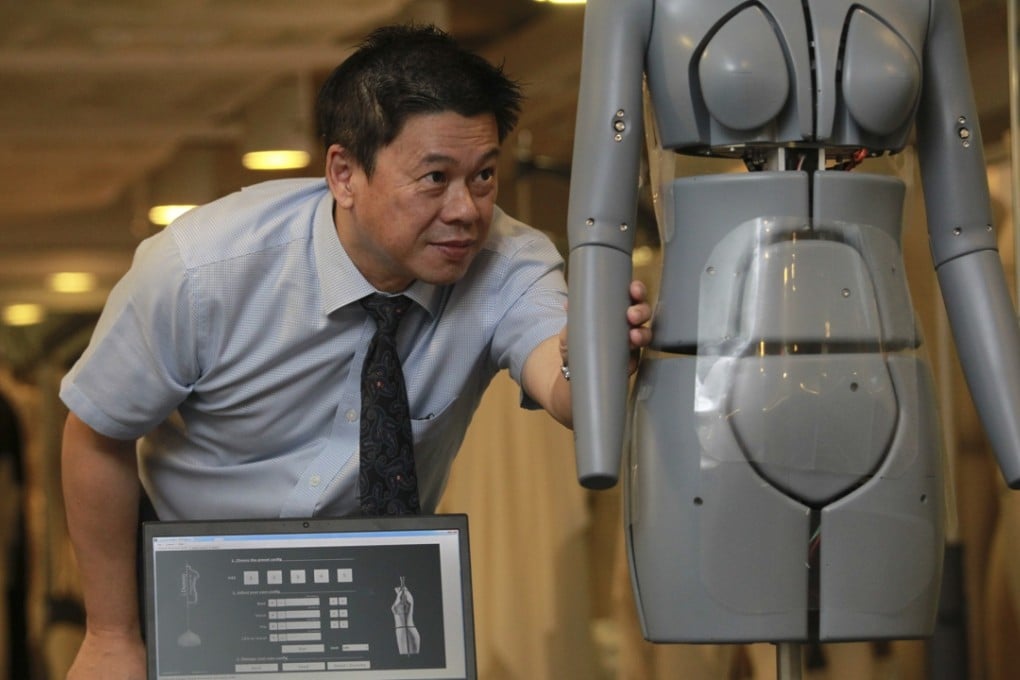Why Hong Kong universities aren’t turning inventions into stuff that sells
Academics say they lack funding and knowledge of what market wants, and suffer from lack of government support or interest from Hong Kong companies amid the dominance of finance and property investment

A university’s performance is judged by its overall success in achieving primary goals, such as teaching and research. On that score Hong Kong’s publicly funded universities fulfil their mission reasonably well, but they are let down in one area – turning research into commercial applications.
Six local universities placed among the top 800 institutions in the Times Higher Education world university rankings for 2015/16 released in September. Five of them, however, slid down the league table from the previous year, with the University of Science and Technology (UST) falling eight places to 59, and Chinese University dropping nine places to 138.
SEE ALSO: China outnumbers Japan for first time in Asia university rankings; Hong Kong and Macau in top 100
It turned out industry income – which measures the income generated by commercialisation of research – was the key category that dragged down their rankings. Of the five institutions, UST had the highest mark at 68.1, while Chinese University scored 37.5 and Polytechnic University 45.1.
This lags far behind Peking and Tsinghua universities: both elite Chinese institutions, which rank among the world’s top 50, scored the full 100 marks for industry income.
Entrepreneurs, academics and university administrators blame the Hong Kong universities’ poor showing on several factors: a system that fails to reward innovators when their work finds commercial use, insufficient funding for knowledge transfer, lack of government support and a private sector that spurns long-term investment in R&D in favour of quick returns.
You need three elements for successful knowledge transfer: good technology, financing and a business team doing sales, public relations and marketing
Alwin Wong Leung , director of the Institute for Entrepreneurship at Polytechnic University, contrasts the local environment with countries such as the United States, where there are well-established systems for knowledge transfer – mostly through licensing and start-up transfer (US biotech pioneer Genentech, for instance, developed from the work of scientists Herbert Boyer and Stanley Norman Cohen).
